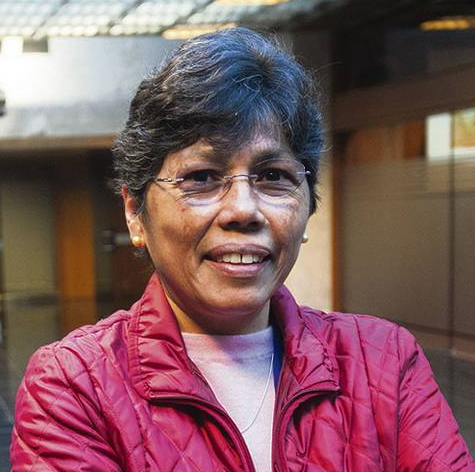
Betzabé Butrón
Betzabé Butrón is a Peruvian pediatrician and public health professional with more than 25 years of experience working to advance the wellbeing of children in Latin America and the Caribbean. She retired from the Pan American Health Organization (PAHO), the office of the World Health Organization (WHO) for the Americas, in Set 2023 after 20 years of working with Ministries of health in policy formulation and uptake of evidence-based interventions. As PAHO regional advisor on child health, she was an active contributor to WHO’s work on early childhood development and the child health redesign agenda at global level. She also contributed to the promotion of health and wellbeing throughout the first two decades of life by creating partnerships and convergence of actions across governmental sectors, civil society, and UN agencies. She led various initiatives to develop evidence-based regional products on parenting interventions, fatherhood and men’s engagement in caregiving, and integration of responsive caregiving and learning opportunities in healthcare services. Before working at PAHO, she worked for the Ministry of Health in Peru and the Nutritional Research Institute where she participated in various studies on young infant nutrition, vaccine safety and efficacy, and the implementation, monitoring, and evaluation of community-based projects.
The education and health sectors have long recognized the centrality of cross sector collaboration. This recognition has been ratified in several global forums where commitments were made by countries to advance an effective engagement and collaboration. The reality is that progress has been slow due to a wide range of factors. Given the lessons of the COVID-19 pandemic and the increasing advocacy to accelerate the implementation of the 2030 Agenda, this presentation will make a call to accelerate actions for effective collaboration between education and health sectors and offer some suggestions for moving from commitments to actions. Blending together the knowledge and expertise of each sector will not only multiply the benefits for each sector, but also create opportunities to engage other sectors and relevant institutions responsible for changing the roots causes of poor education and health outcomes.